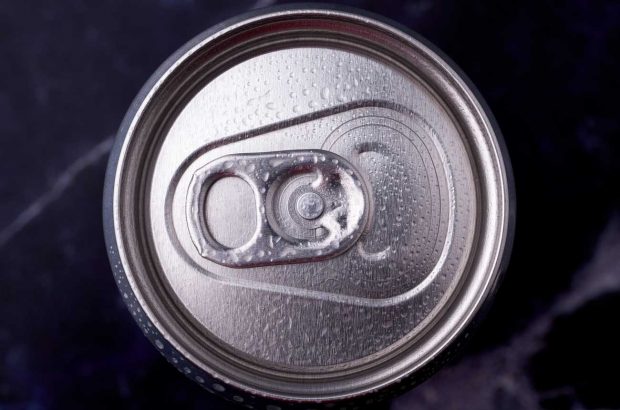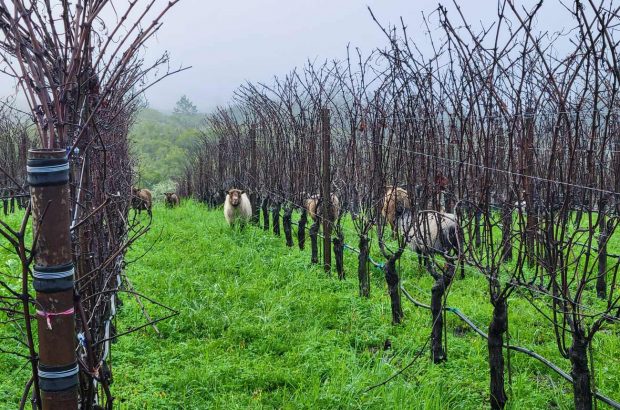The project was devised by FIS president Franco Maria Ricci and officially unveiled last week in Rome at the Foundation’s latest annual International Wine Culture Forum.
‘About four months ago I thought we should do some proper experiments to understand what happens to wine and vines in space. Eventually, I decided that this year’s FIS Forum had to be dedicated entirely to this subject,’ Ricci told Decanter. ‘My idea would be to understand if the vine can live and survive in space (and even on other planets), and if so, when and where. I want to know if, in a century or more, wine will still be available to future generations,’ he said, explaining the idea behind the project.
The experiment will involve a selection of vine samples and wine bottles from the three participating wineries spending a period of time in space. Both vines and wines will undergo comparative tests with analogous samples that never left the earth upon their return.
The wines chosen are two vintages each of Biondi-Santi Brunello di Montalcino Riserva (2006 and 2015), Feudi di San Gregorio Taurasi Riserva Piano di Montevergine (2012 and 2015) and Gaja Barolo Sperss (1988 and 2017).
The three wines were selected as some of Italy’s highest regarded, made with the country’s most representative grape varieties, Nebbiolo from the north, Sangiovese from the centre, and Aglianico from the south.
‘I have kept the same bottles here in Rome in a safe and will make them available to scientists to see what happens to the wine as it matures in absence of gravity,’ said Ricci.
Scions of Nebbiolo, Sangiovese, and Aglianico alongside the bottles destined to be shipped to space were received this week by the Italian Space Agency (ASI), which will oversee the experiment. The project will also see the involvement of enologist Donato Lanati of the Enosis research centre and Ricci claims that there will be further international involvement in due course, including the University of Bordeaux.
‘The Italian Space Agency is at the forefront in the research on the effects of absence of gravity on crops, for instance with olive trees, but it’s the first time it is going to approach the vine,’ said Feudi di San Gregorio chairman, Antonio Capaldo. ‘The vines will stay in space for two or three years, after which scientists will do a comparative analysis. I am actually particularly interested in the impact on cuttings rather than on the bottles. Previous experiments suggest that after such a shock as the absence of gravity, the cuttings can become more resistant to further shocks, including those related to climate change or parasite attacks.’
Building on previous attempts
Indeed, Ricci’s ‘Wine in Space’ project follows a comparable attempt by commercial start-up Space Cargo Unlimited. As part of its Mission WISE programme, the firm kept bottles of the renowned Pomerol Petrus 2000 in space for 14 months alongside a total of 320 canes of Merlot and Cabernet Sauvignon.
Space Cargo Unlimited’s goal was to explore the impact of microgravity and extreme conditions on the vines. The bottles returned to earth last year, after just over 438 days on board the International Space Station. Meanwhile, the canes were shipped back to earth last February, and replanted. The firm’s latest reports claim that the first ‘space grapes’ are now visible on the canes.
According to Space Cargo Unlimited, initial observations of the plants show increased resistance to downy mildew and phylloxera, as well as changes in polyphenol content and in the bacterial and fungi communities associated with the plants. A range of chemical analyses is underway to assess the changes that occurred in the core components of the wine while in space.
‘The first indications of our work are extremely promising,’ said Space Cargo Unlimited co-founder and CEO, Nicolas Gaume. ‘We are excited by the opportunity space provided us to develop new vine plants… more resistant to climate change-induced challenges.’
The firm claims that relevant vine and wine research will continue throughout 2022, undertaken by France’s National Research Institute for Agriculture, Food and Environment (INRAE) and by Space Cargo Unlimited’s commercial partner, Groupe Mercier.
The first harvest of grapes grown on vines that spent time in space is expected in the autumn next year, followed by a first microvinification. The scientific team plans to release several publications on wine and vine by the end of 2022 and early 2023, yet more cane varieties are set to spend time in orbit in 2024.
Meanwhile, a launch date for the ‘Wine in Space’ project is not yet known.




